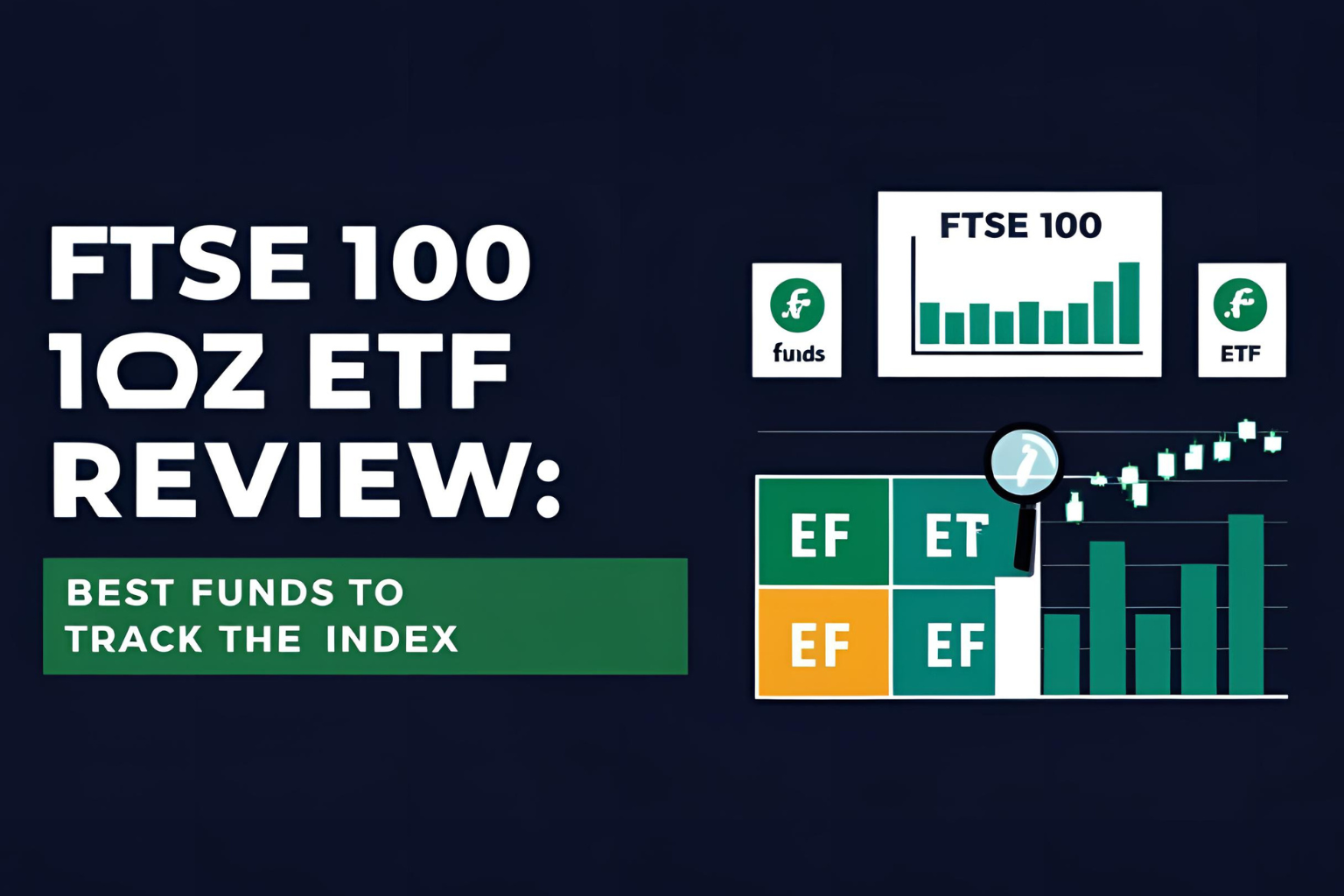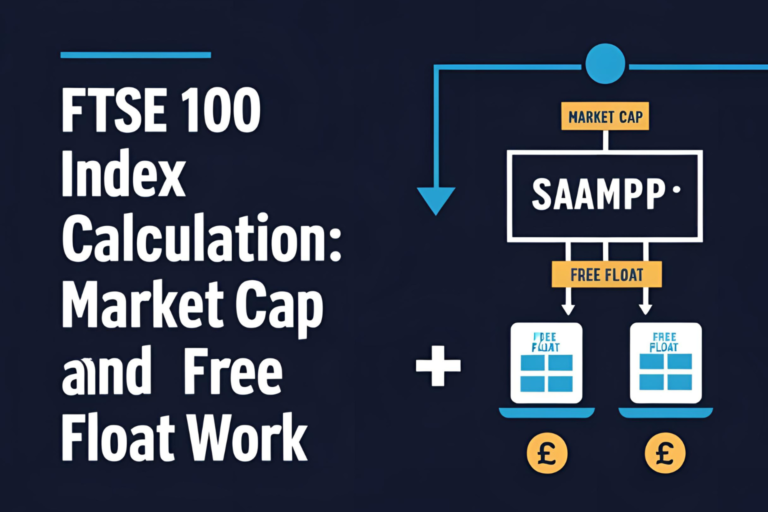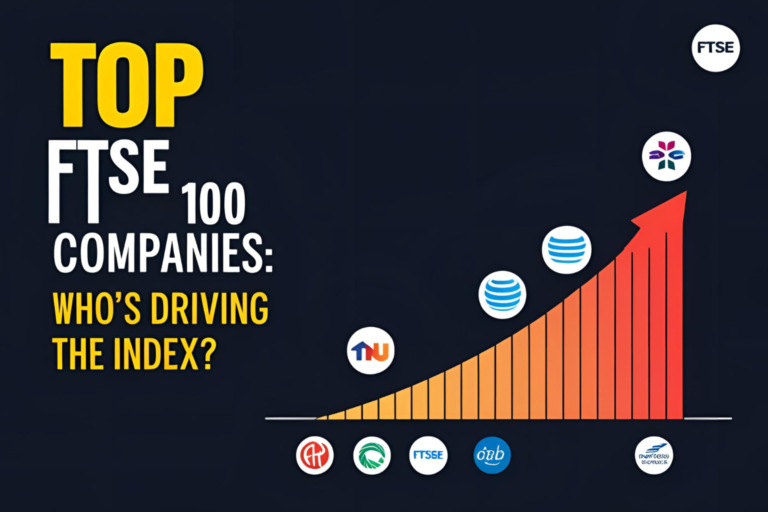FTSE 100 ETF Review: Best Funds to Track the Index
Introduction:
If you’re aiming to invest in the FTSE 100 Index, one of the easiest and most cost-effective ways is through an Exchange-Traded Fund (ETF). These funds track the index and allow you to gain exposure to the UK’s top 100 companies in a single investment. In this guide, we review the most popular FTSE 100 ETFs and compare their key features.
What Is a FTSE 100 ETF?
A FTSE 100 ETF is a fund that replicates the performance of the FTSE 100 Index by holding shares of its constituents.
Benefits include:
- Diversification across 100 large UK companies
- Low fees compared to active funds
- Liquidity, as they trade like individual stocks
- Available on most online broker platforms
Top FTSE 100 ETFs (As of 2025)
1. iShares Core FTSE 100 UCITS ETF (ISF)
- Provider: BlackRock
- Ongoing Charge: ~0.07%
- Dividend Yield: ~3.5%
- Fund Size: £10B+
- Type: Physical replication
- Ideal For: Long-term investors seeking low-cost exposure
2. Vanguard FTSE 100 UCITS ETF (VUKE)
- Provider: Vanguard
- Ongoing Charge: ~0.09%
- Dividend Yield: ~3.3%
- Fund Size: £6B+
- Type: Physical replication
- Ideal For: Investors who prefer Vanguard’s platform or products
3. HSBC FTSE 100 UCITS ETF (HUKX)
- Provider: HSBC Global Asset Management
- Ongoing Charge: ~0.07%
- Dividend Yield: ~3.4%
- Fund Size: £2B+
- Type: Physical replication
- Ideal For: Income-focused investors looking for simplicity
How to Choose the Right FTSE 100 ETF
- Cost (Ongoing Charges) – Lower fees mean more of your money stays invested.
- Dividend Policy – Choose between:
- Accumulation (reinvest dividends)
- Income (receive cash payouts)
- Fund Size and Liquidity – Larger funds often have better liquidity and tracking accuracy.
- Tracking Method – Most FTSE 100 ETFs use physical replication, which directly holds the index stocks.
Where to Buy FTSE 100 ETFs
- Online brokers: Hargreaves Lansdown, Vanguard, Interactive Investor
- Investment platforms: Freetrade, Trading 212, eToro
- Tax-efficient wrappers: Use Stocks & Shares ISAs or SIPPs for UK tax benefits
Conclusion
Investing in the FTSE 100 through ETFs is a smart, low-cost way to gain exposure to the UK’s largest companies. With several reliable options like iShares, Vanguard, and HSBC, you can choose a fund that suits your investment style—whether you’re focused on growth, income, or both.
FAQs
1. Are FTSE 100 ETFs safe?
They’re diversified across 100 companies and generally considered low-risk for long-term investors. However, they still carry market risk.
2. Do FTSE 100 ETFs pay dividends?
Yes. Most ETFs offer either income-paying or accumulation share classes.
3. Can I hold a FTSE 100 ETF in an ISA?
Yes. Holding ETFs inside a Stocks and Shares ISA protects you from UK capital gains and dividend tax.
4. How often do FTSE 100 ETFs rebalance?
They adjust quarterly to reflect changes in the index’s composition.
5. What’s the minimum investment?
You can start investing in ETFs with as little as £50–£100, depending on your broker.





